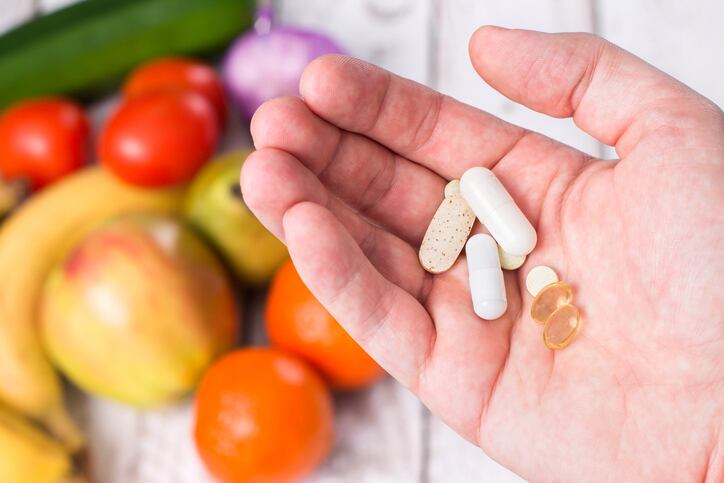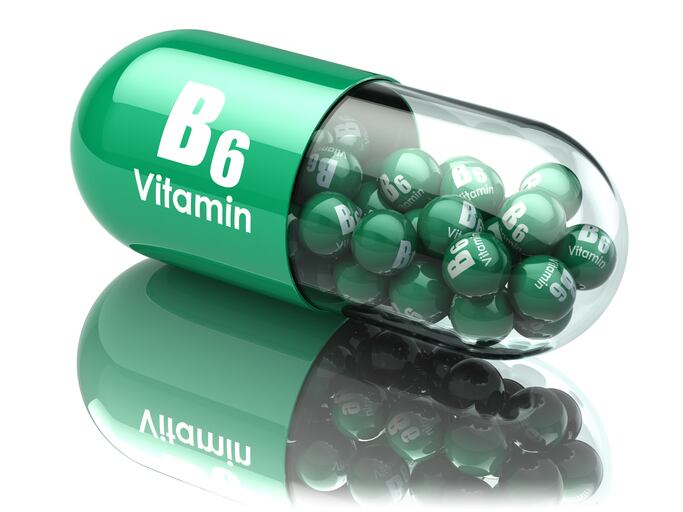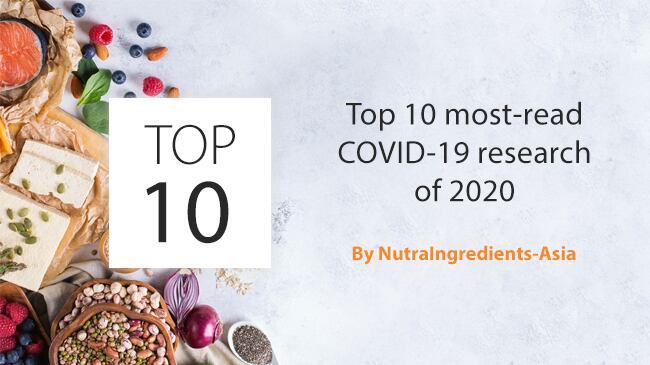Before the pandemic, global and national data (for Poland) on the dietary supplements (DS) market predicted it would rise by around 7% annually through 2025, But according to a report published in October 2020, sales of dietary supplements increased dynamically in the wake of COVID-19, with some types of DS recording triple-digit growth rates.
Conversely, market data has also shown that many people worsened their diet and many gained weight during the pandemic.
Google Trends (GT) search analysis related to COVID-19 and dietary supplements reveals which dietary compounds are of the greatest interest and how that interest fluctuates over time. The current study, conducted by researchers at the Institute of Human Nutrition Sciences, at Warsaw University of Life Sciences, in Poland, investigated the heightened interest in supplements by analysing Google searches worldwide, as well as by analysing the results of their PLifeCOVID-19 online surveys conducted in Poland during the first and second wave of the pandemic.
The findings show that during the COVID-19 pandemic, the interest and use of immune-related nutrients and foods, such as vitamins C and D, zinc, garlic, ginger, or turmeric increased, and 'improving immunity' was the main reason given for starting supplementation.
They also checked geographical distribution of analysed searches. European countries tended to search: vitamins K and C, selenium, rutin, lactoferrin, elderberry, sea buckthorn, and Glycyrrhiza glabra. For Middle Eastern countries, they were as follows: vitamins, vitamin D, zinc, onion, raspberry, Nigella sativa; for Asian countries, they were: iron, iodine, fish oil, probiotic, garlic, honey; for African countries: immune system, garlic, ginger, turmeric; and for Central or South American and Caribbean countries: vitamins K and C, omega-3 fatty acids, garlic, ginger, turmeric, and echinacea.
The report's researchers voice concerns over an apparent belief in these supplements to increase immunity in relation to COVID-19. The report states that, apart from in the cases of vitamins D and C, zinc, and selenium in patients with deficiencies, 'there are no clear and convincing studies that support the role of dietary supplementation in COVID-19 prevention'.
They therefore say that effective education of consumers in rationale use of DS and health-protecting behaviours - healthy diets and exercise - against COVID-19 should be developed and introduced at local and/or national levels.
The study
Firstly, the researchers used GT to analyse changes in searching of DS and immune-related topics from 1 January 2020 to 31 October 2020; to investigate the association between searching of those topics and COVID-19; to explore geographical distribution of searching those terms; to compare popularity of DSs-related searches since the beginning of 2020
Globally, in relation to the coronavirus, the following were searched: vitamins; vitamin D; vitamin K; vitamin C; zinc; selenium; garlic; onion; echinacea; lactoferrin; elderberry; Nigella sativa; and Glycyrrhiza glabra, whereas in Poland the searches included only vitamins; vitamin D; vitamin C; and Glycyrrhiza glabra. Worldwide searches in relation to the antiviral properties were conducted for iodine, ginger, and turmeric.
Secondly, they analysed data about the use of DS during the COVID-19 pandemic from two cross-sectional studies that they carried out in Poland in April–May 2020 (PLifeCOVID-19 Online Study 1) and November 2020 (PLifeCOVID-19 Online Study 2).
They also collected data about daily cumulative COVID-19 confirmed cases and deaths between 1 January 2020 and 31 October 2020 from collection of Our World in Data supported by researchers from the University of Oxford. Based on those data, they extracted weekly cumulative COVID-19 cases and deaths globally in the world, and separately in Poland and Europe.
In the first edition of the PLifeCOVID-19 Study, they collected 2575 responses and analysed 2296. in the second edition, they collected 1059 responses but in analysis, they included 978. The first edition of PLifeCOVID-19 aimed to investigate the changes in lifestyle behaviours, including dietary ones, during the lockdown.
Those surveys revealed that compounds that started to be supplemented during the first wave of the pandemic were vitamin D (6.3% and 22%, respectively for Study 1 and 2), vitamin C (4.7% and 13%, respectively), omega-3 fatty acids (2.8% and 8.2%, respectively), zinc (2.7% and 12%, respectively), vitamins E and A (2.6% in Study 1) and vitamins B (9.4% in Study 2).
Reasons for the usage of DS were obtained within the second edition of the PLifeCOVID-19 Online Study. Improving immunity was declared most often (60%), followed by improving overall health and wellness (57%), seasonal vitamin D or fish oil use (56%), and filling the nutrients’ gaps in the diet (53%). Respondents who started supplementation during the pandemic did that because they wanted to improve the immunity and/or to be protected against COVID-19 (13%); because of pregnancy or breastfeeding (5.0%); to improve their skin, hair, and nails (2.2%); or due to seasonal use of vitamin D or fish oil (2.0%).
Misinformation and 'quackery'
The report states: "Internet information about methods of COVID-19 prevention and treatment, or immune system boosting, including the use of DSs, varies significantly depending on the type of website (e.g., governmental or commercial) and sometimes has an inadequate quality or even presents potentially harmful information quite often.
"The COVID-19 pandemic created an increased requisition for immune-boosting products, which may be used by quackery of vendors, as FDA (Food and Drug Administration) reported that above 3% of their warning letters regarded COVID-19-related drugs, DSs, or devices.
"Future studies should examine the impact of the intake of the specific nutrients or bioactive compounds with DSs on the incidence of COVID-19 and its course in relation to nutritional status, general health, and age, and particularly, to comorbidities such as diabetes, cardiovascular diseases, hypertension, chronic lung diseases including asthma, and chronic obstructive pulmonary disease (COPD). It is necessary to more deeply investigate the role, as well as the mechanisms of action, for vitamins D and C, zinc, and selenium in patients with deficiencies of those nutrients.
"In addition, it should be examined whether and which DSs ingredients (vitamins, minerals, bioactive substances, herbs) show a positive effect in relation to COVID-19, caused by the SARS-CoV-2, in healthy, well-nourished individuals."
There is scientific evidence on immune-boosting, anti-inflammatory, antioxidant, and antiviral properties of several bioactive compounds and foods, including vitamins D and C, zinc, selenium, garlic, ginger, turmeric, lactoferrin, elderberry, or Nigella sativa, however the report notes they cannot be freely extrapolated to the effects on the SARS-CoV-2 virus.
It is important to note that is is widely accepted that many people are at risk of becoming vitamin D deficient during the winter if they are living in countries which do not receive much sunlight, especially with lockdown reducing time spent outdoors. It is for that reason that there has been so much focus on supplementation of this vitamin throughout 2020.




